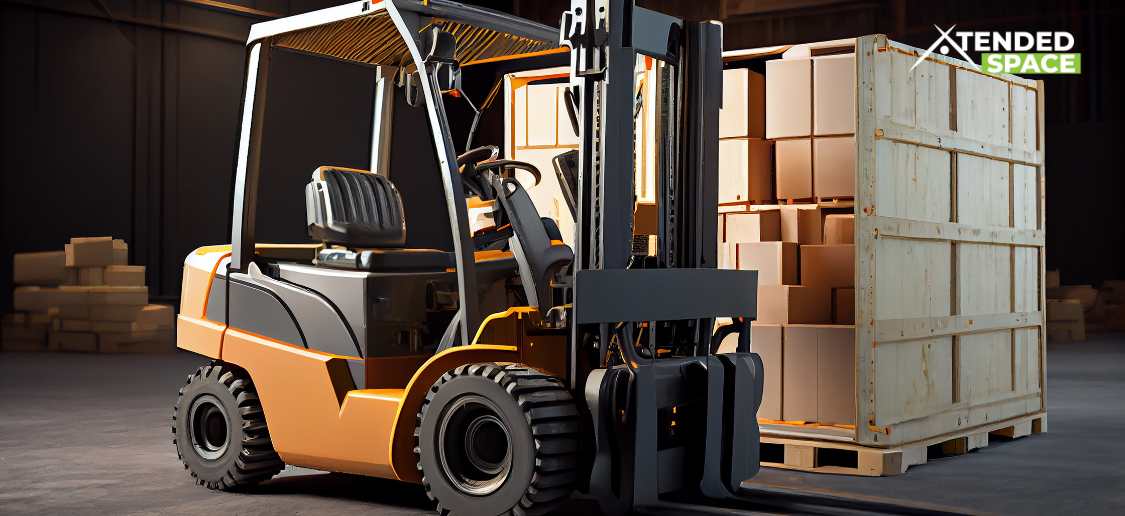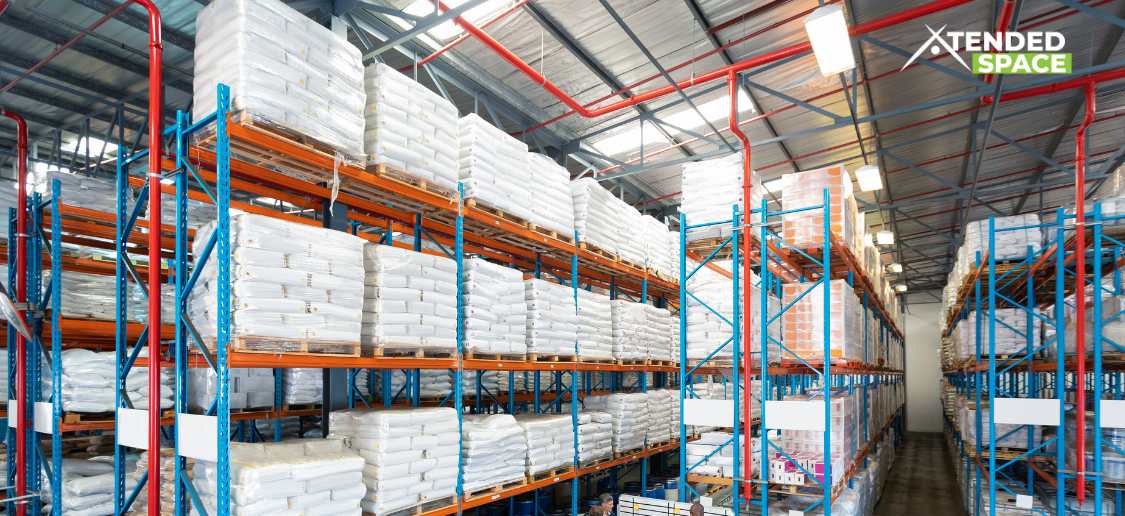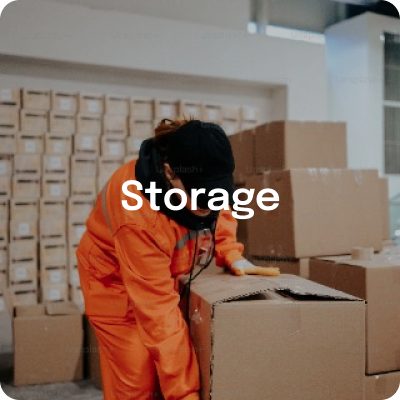
Moving to a new home or office is always a big task. Along with packing, transporting, and unpacking, one of the biggest challenges is figuring out what to do with items you don’t need immediately. This is where a storage provider can help. A good storage facility gives you peace of mind by keeping your belongings safe until you are ready to use them.
But before you select a Storage Service Provider, it is important to know what to look for. Choosing the right one can save your time, money, and stress during your move. Let’s go through the main things you should check.
1. Safety and Security
The first thing to look at is how secure the storage space is. You are trusting the provider with your valuable belongings, so the facility must have:
- 24/7 CCTV cameras
- Security guards or access control systems
- Locking options for individual units
- Fire safety measures like alarms and extinguishers
Safety is not just about theft but also about protecting items from damage due to accidents.
2. Cleanliness and Hygiene
A good storage provider should maintain a clean facility. Dust, pests, or dampness can spoil your belongings. Make sure they have pest control systems, moisture protection, and regular cleaning practices.
3. Accessibility and Location
You may need to access your stored goods in between your move. Ask whether the storage provider offers easy access. Some providers allow you to check or remove your belongings anytime, while others have fixed timings. Also, check how close the facility is to your current or new location—it saves transportation costs.
4. Types of Storage Options
Different moves require different types of storage:
- Household storage for furniture, clothes, electronics, and personal items.
- Business storage for office files, equipment, and inventory.
- Vehicle storage for cars and bikes if you cannot take them immediately.
Choose a provider that has flexible options depending on your need.
5. Packing and Handling Services
Some storage providers only give you a unit and expect you to handle the rest. But the better ones offer packing, labeling, and safe handling services. This ensures that fragile and valuable items are packed properly and can be retrieved easily.
6. Insurance Facility
No matter how secure a storage unit is, accidents can happen. Always check if the provider offers insurance coverage for your stored goods. This protects you from unexpected losses.
7. Cost and Transparency
Price is important, but it should not be the only deciding factor. Check whether the provider charges monthly, quarterly, or yearly. Ask about additional costs such as security deposits, packing charges, or early exit fees. A reliable provider will always give you a clear and transparent quotation.
8. Reviews and Reputation
Before finalizing, do some background research. Look at online reviews or ask for customer feedback. A storage provider with positive reviews usually means better service quality.
9. Flexibility in Duration
Sometimes you may need storage for just a few weeks, and other times for several months. Choose a provider that offers short-term and long-term storage plans, so you don’t end up paying for more than what you use.
10. Customer Support
A storage provider must have a responsive customer support team. If you have a query about your items, payment, or access, you should be able to reach them quickly. Good communication shows professionalism.
Conclusion
Moving can feel stressful, but choosing the right storage provider can make it easier. Focus on safety, cleanliness, accessibility, cost, and customer service. When you take the time to check these factors, you can move without worry, knowing your belongings are in safe hands.
FAQs
Q1. Why should I use a storage provider during moving?
Ans: A storage provider helps you keep your belongings safe when you cannot move everything at once. It reduces stress and keeps your items secure until you are ready.
Q2. How much does storage usually cost?
Ans: The cost depends on the space you need, location, and duration. On average, it can range from a few hundred to a few thousand rupees per month.
Q3. Can I access my belongings anytime?
Ans: It depends on the provider. Some allow 24/7 access, while others have fixed timings. Always confirm this before signing a contract.
Q4. What items can I store?
Ans: You can store household goods, furniture, clothes, appliances, documents, and even vehicles. However, flammable, illegal, or perishable items are usually not allowed.
Q5. What if my belongings get damaged?
Ans: If the provider offers insurance, you can claim compensation. Always ask about insurance options before booking.







